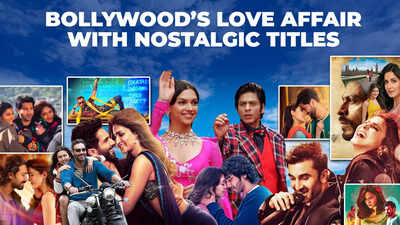
Bollywood increasingly employs nostalgia as a marketing tactic, repurposing familiar song lyrics and classic film references for titles. While these titles aim to create an emotional connection with audiences, box office success hinges on the film's actual content. Filmmakers acknowledge the trend's potential but caution against relying solely on nostalgia without a compelling story.
In today’s Bollywood, nostalgia is more than just a sentiment—it’s a marketing strategy. With increasing frequency, filmmakers are borrowing from the past to craft film titles that instantly spark recognition.
Song lyrics, cultural phrases, and classic film references are being repurposed to emotionally hook audiences before the first trailer even drops. As one industry insider quipped, “Nostalgia sells faster than popcorn at a multiplex.”Titles That Echo Familiar TunesIt’s no coincidence that many recent titles sound eerily familiar—they often are. Take Jawaani Jaaneman (2020), for example. Its name is lifted straight from the foot-tapping 1982 disco hit from Namak Halaal, a song still embedded in Bollywood’s collective memory.
Similarly, Zara Hatke Zara Bachke borrows from a lyric in the iconic Bombay Meri Jaan, tapping into Mumbai’s cultural soul.
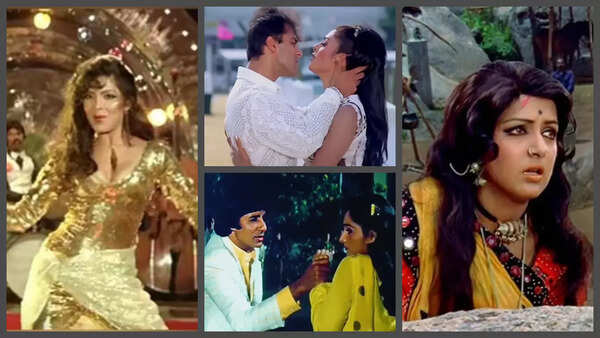
This trend has deep roots. Titles like Yeh Jawaani Hai Deewani and Jab Tak Hai Jaan were themselves drawn from classic Bollywood songs. But in the past decade, this practice has gained renewed momentum—anchored in the belief that a familiar title creates an emotional shortcut to audience interest.
Does Nostalgia Translate to Box Office Success?Not always. Jawaani Jaaneman, despite the catchy title, failed to click with audiences—earning Rs 39.1 crore on a budget of Rs 34 crore and landing as a box office disappointment. In contrast, Zara Hatke Zara Bachke became a sleeper hit, grossing Rs 115.9 crore on a Rs 40 crore budget, proving that while nostalgia may attract attention, it’s the film itself that must deliver.
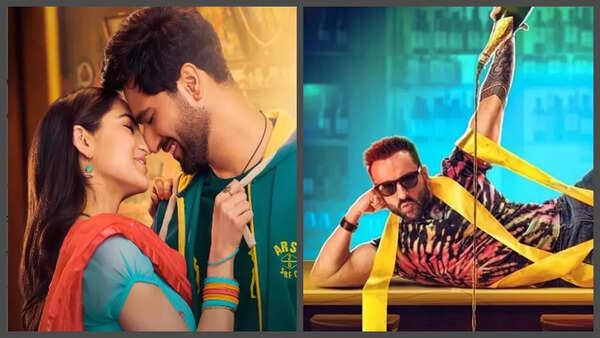
Filmmakers are aware of this. Veteran director Subhash Ghai said in an interview with India Today that using a line from a popular song or poem is an easy way to connect—but it must organically suit the story.
Talking to the same news portal, lyricist Swanand Kirkire, however, has been more critical, calling the trend a “marketing gimmick” that substitutes buzz for depth.Borrowed Lyrics, Fresh FilmsSome upcoming and recent films reflect this nostalgia-driven titling more clearly than ever:Hai Jawaani Toh Ishq Hona Hai (2025) – The title, from the 1999 hit song Sona Sona (Biwi No. 1), returns in a 2025 remake of a 2003 film, betting on youthful exuberance and song familiarity to reconnect with today’s audience.
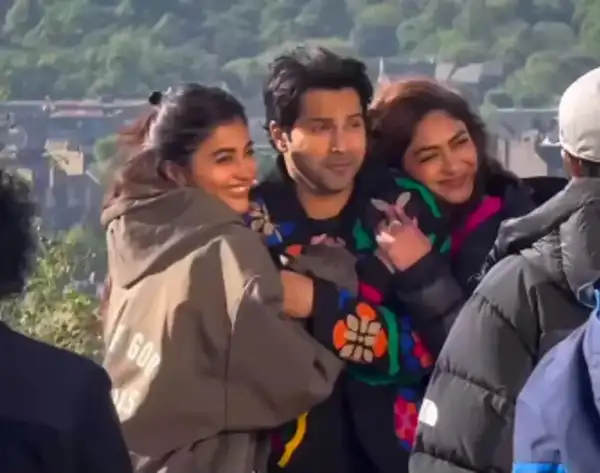
Saiyaara (2025) – Named after the poignant track from Ek Tha Tiger (2012), the film taps into the song’s emotional depth to signal a romantic, introspective tone.
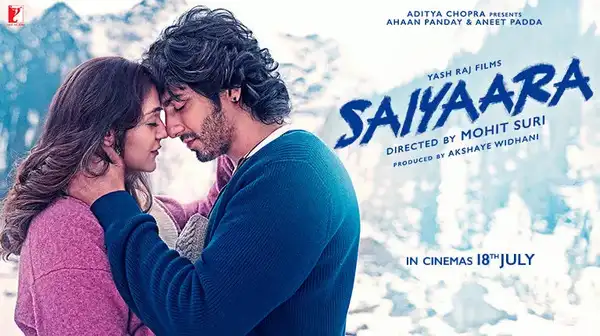
Haseen Dillruba (2021) – This Netflix thriller uses a phrase from Namak Halaal’s Jawani Janeman, suggesting classic romance, even as the film delivers a modern, darker narrative.De De Pyaar De (2019) – Borrowed from Sharaabi’s (1984) beloved track, this film combined nostalgic familiarity with a fresh plot about age-gap romance, helping it achieve commercial success (Rs 143 crore worldwide).Aankhon Ki Gustakhiyan (2025) – Though inspired by a Ruskin Bond short story, the title leans on the romantic lyric from Hum Dil De Chuke Sanam (1999), priming audiences for a love story rich in emotion.

Param Sundari (2025) – A clever double play, this film uses both a trending song title from Mimi (2021) and the character names (Param and Sundari), ensuring a culturally resonant hook.Teri Baaton Mein Aisa Uljha Jiya (2024): The title is borrowed from the hook line of “Teri Baaton”—a 2004 chartbuster by Raghav Mathur. The film modernizes the phrase in a futuristic love story, using the emotional recall of the original to attract both older fans and Gen Z listeners.
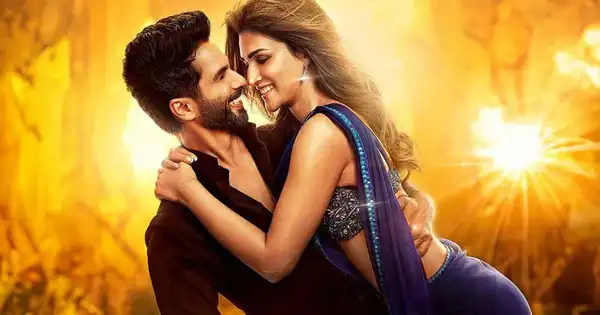
Om Shanti Om (2007):The title comes from the retro classic song “Om Shanti Om” sung by Kishore Kumar in the 1980 film Karz. Farah Khan’s reincarnation drama not only paid homage to 70s Bollywood but also revived the melodramatic style of that era with a modern twist.
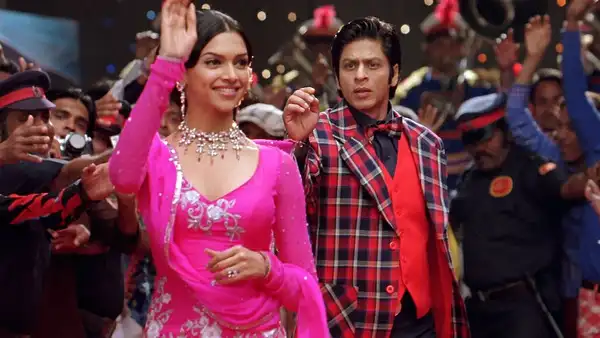
Ae Dil Hai Mushkil (2016):Inspired by the famous line from the Mukesh song “Ae Dil Hai Mushkil Jeena Yahan” from CID (1956), Karan Johar’s film explored modern heartbreak and unrequited love—an emotional theme that resonates across generations.
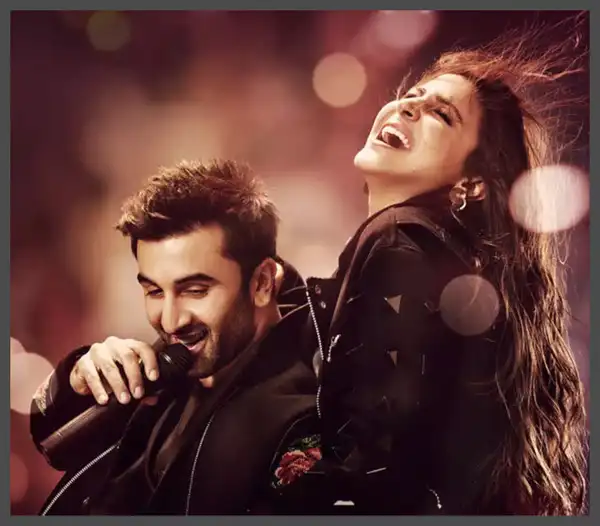
The Nostalgia Trade-OffWhile nostalgia-based titles do offer instant recall, their overuse raises concerns about creative stagnation. As one trade analyst points out, “It’s the business of feelings—packaged to look familiar, sound familiar, and feel safe.” But safe doesn’t always sell. If the story behind the nostalgic title fails to resonate, the familiarity quickly turns into disappointment.In essence, these titles act as emotional triggers—a kind of cinematic shorthand meant to lure viewers. But the ultimate success of a film still depends on its substance. Nostalgia might open the door, but it’s the storytelling that invites audiences to stay.

 5 hours ago
47
5 hours ago
47




























 English (US)
English (US)